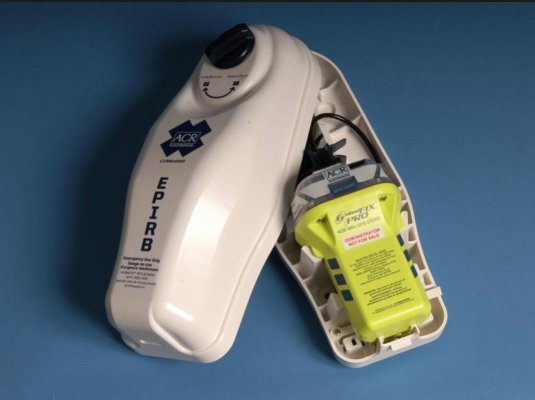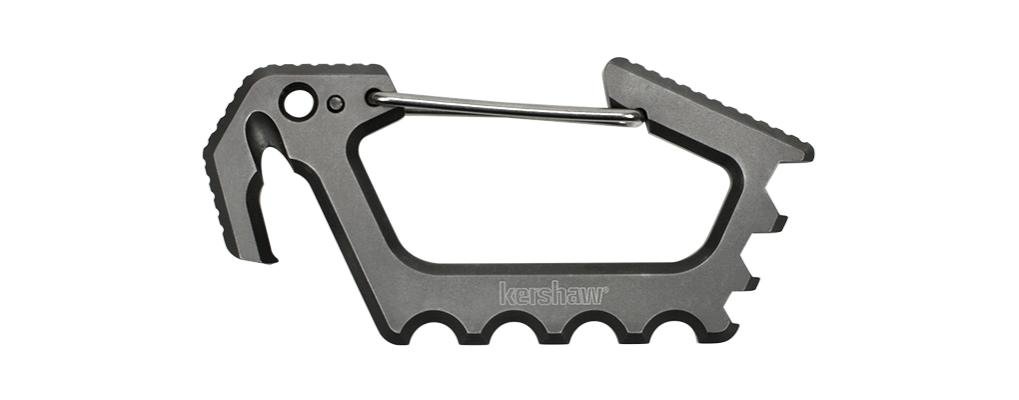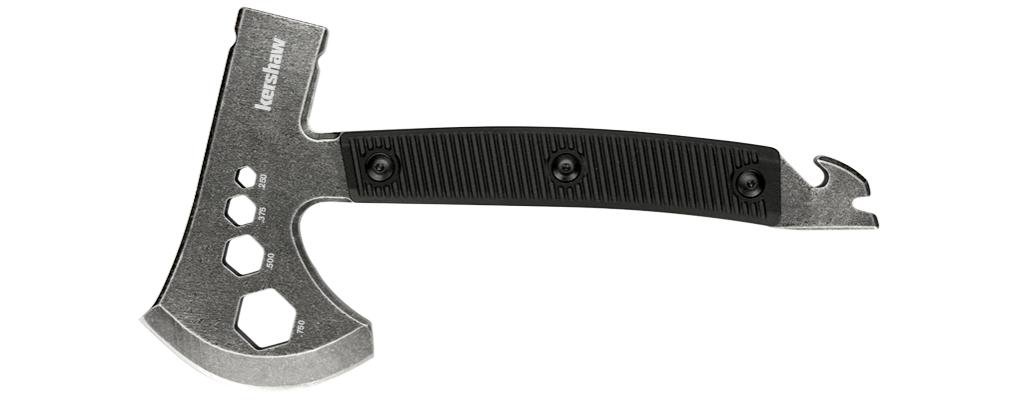Lots of good suggestions in this thread, and as many have said, the contents should be tailored to your cruising area.
I prefer to outfit my own bag. I can tailor it to my needs and make seasonal adjustments to the contents. I like the Seal Line Wide Mouth Waterproof Duffle.
SealLine® WideMouth™ Duffle Bag
Leave a little air in it so it will float.
I want to emphasize correct storage of the ditch bag, everything you need in the bag as opposed to near by and don't rob the bag.
Keep your bag where it is most likely to be within arms reach in an emergency, not tucked away in a locker somewhere. Don't plan on grabbing the hand held VHF or any other goodies on the way out the door. You may not have the time or be thinking clearly enough.
I second the suggestions for a wallet etc. Having been in a pickle and not had any access to money once safely ashore it's not fun. Fortunately someone loaned us a cell phone and local business took credit card #s from family over the phone. Had we been further from home ID would have been important too.
I highly recommend a PLB. Minutes can turn into hours and can turn into days if rescuers can't locate you. Even in well traveled areas. If things go south very quickly you may not have time to get a distress call out.
Cell phones are handy, but they are short range, short battery life and fail when wet.
Extra clothes are a good idea. It can be a long wet cold night even in summer.





